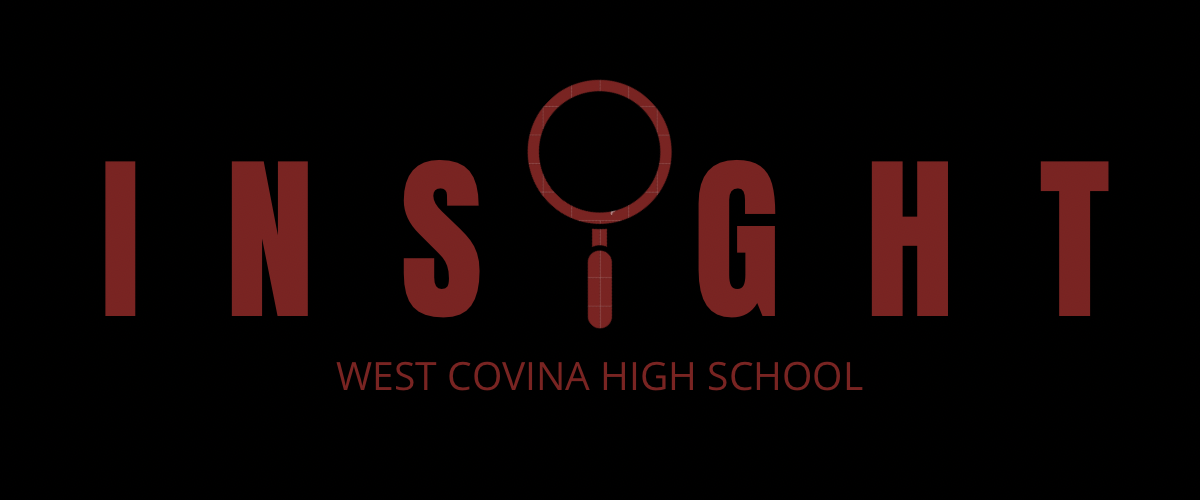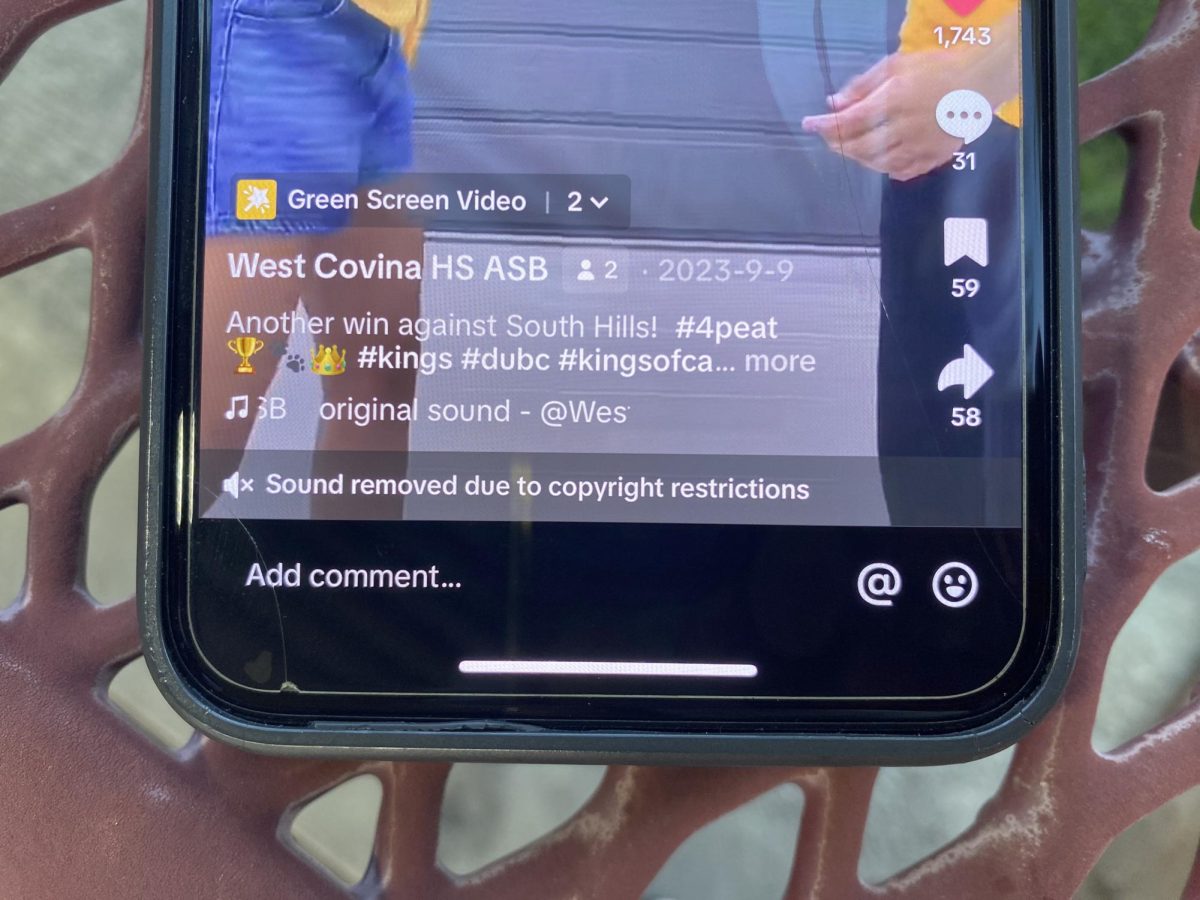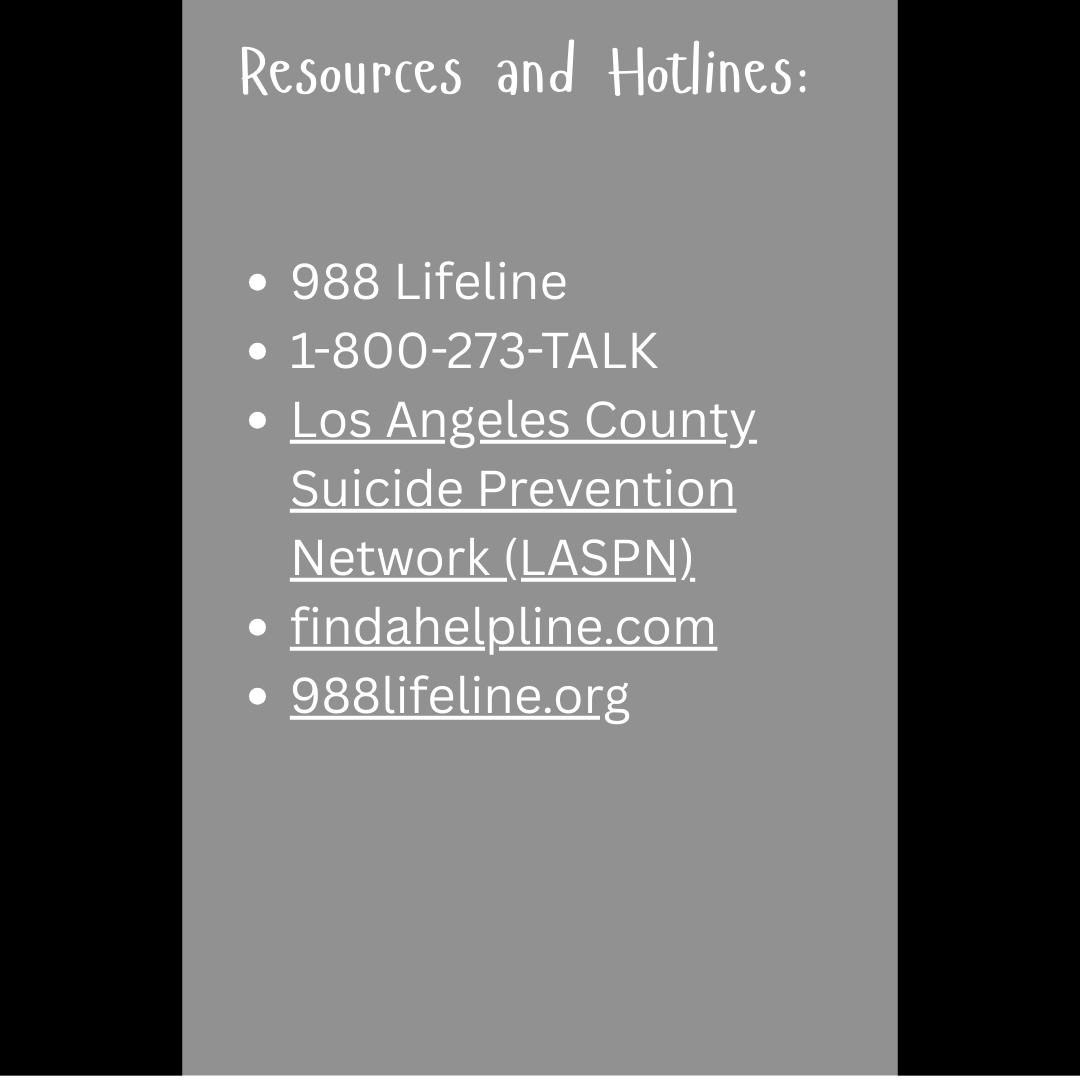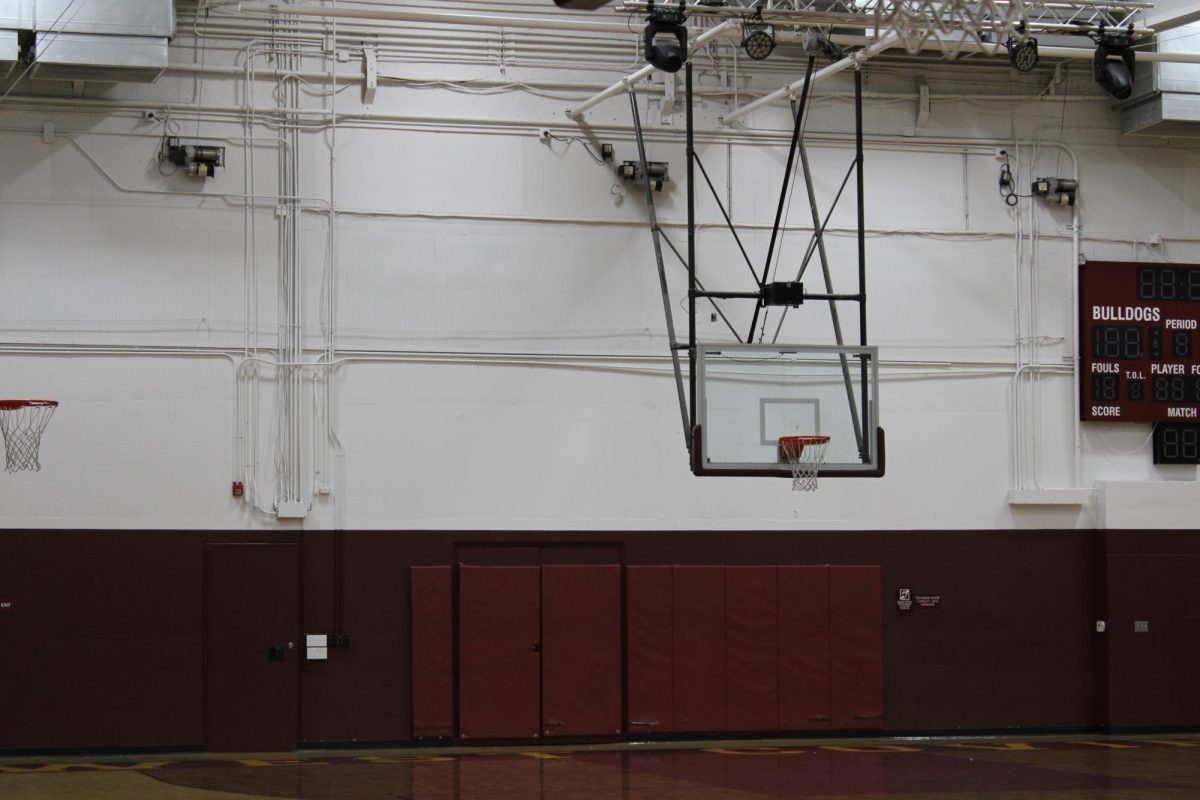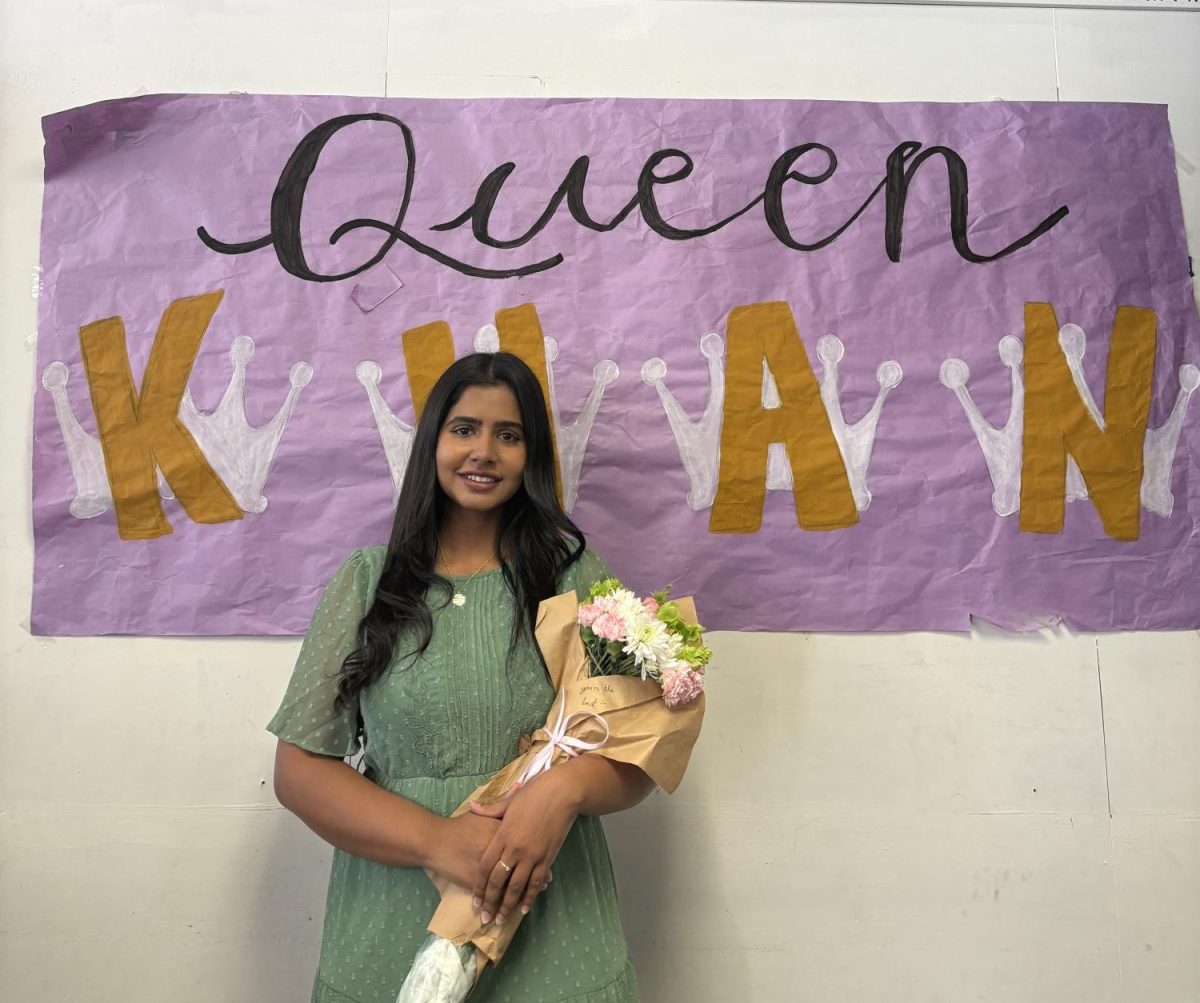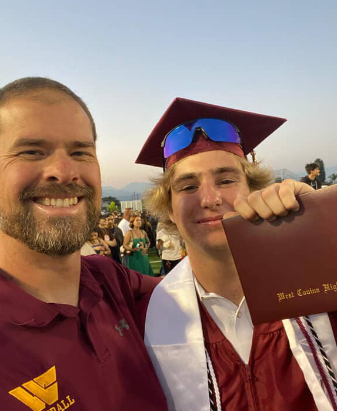Universal Music Group (UMG) declined to renew its license with TikTok on Jan. 30, muting millions of TikToks including all their artists’ music. UMG, the largest music company, owns all rights to famous artists’ music such as Taylor Swift, Bad Bunny, The Weeknd, SZA, Ariana Grande, and many other U.S. and global artists. All videos under the label’s songs remain posted but are now muted, including all voice overs.
According to UMG’s open letter, the main reason for ending the contract was “appropriate compensation for our artists and songwriters, protecting human artists from the harmful effects of AI, and online safety for TikTok’s users.” Although protecting their artists, the UMG ban has negatively affected millions of content creators who utilize music in their TikToks.
Muting TikToks heavily affected users since trends rely on artists and content ideas such as the school’s ASB TikTok account @westcovinahighschoolasb. Sabrina Ayala, Commissioner of Recognition who is in charge of the ASB’s Tiktok, shared how the majority of the account’s TikToks being muted affected it.
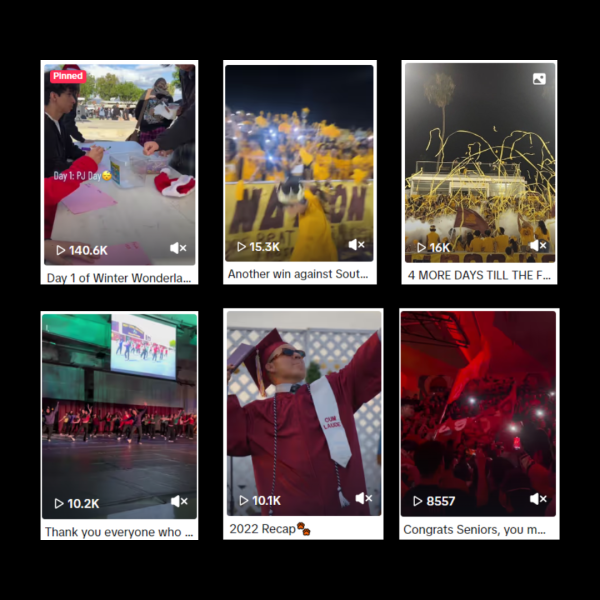
“It’s just hard trying to recognize students and our school showing appreciation when the music that usually grabs students’ attention is now gone,” said Ayala.
Ayala plans to salvage some of the muted videos by replacing their music, but videos that consist of interviews are unrecoverable.
In an interview with Rolling Stone, musical artist Conan Gray joked about his musical career being overdue to UMG, as many of his songs grew popular due to TikTok. Likewise to Gray, many artists gained popularity through TikTok’s platform, and with UMG’s enforcement this has stopped a popularized way of musical promotion.
Senior Katelyn Lopez, an active TikTok user, was initially shocked to see her favorite artists muted.
“There were a lot of my favorite artists that got muted, but the one that I was sad about the most was Kali Uchis songs,” said Lopez.
Users were more inclined to post to UMG’s artists, but with the ended license some content creators searched for new music or mocked the ban. They would discover smaller artists or ridicule the event by sarcastically using copyright-free music.
Although upset about her favorite artists and content being muted, Lopez believes that it could promote more creativity for users on the app.
“I’ve seen people make loopholes through the muting situation and I’ve seen people have fun with it,” said Lopez.

